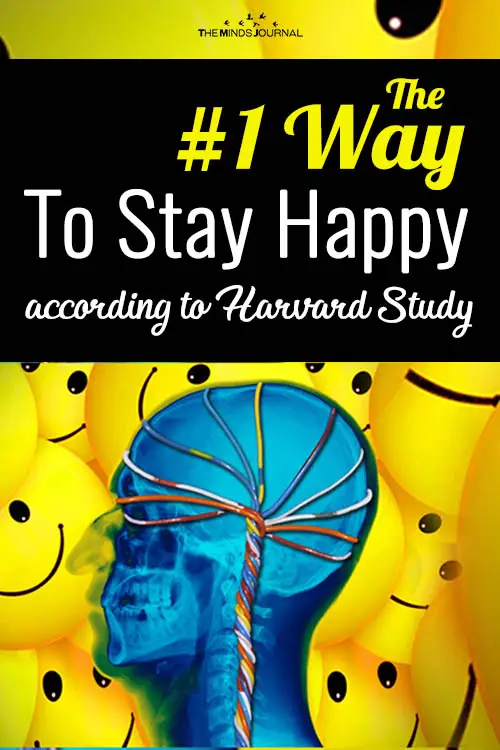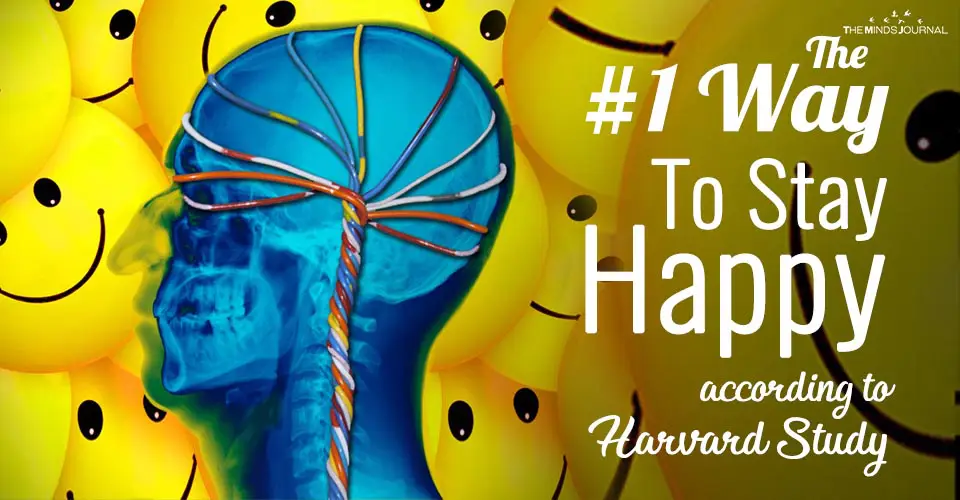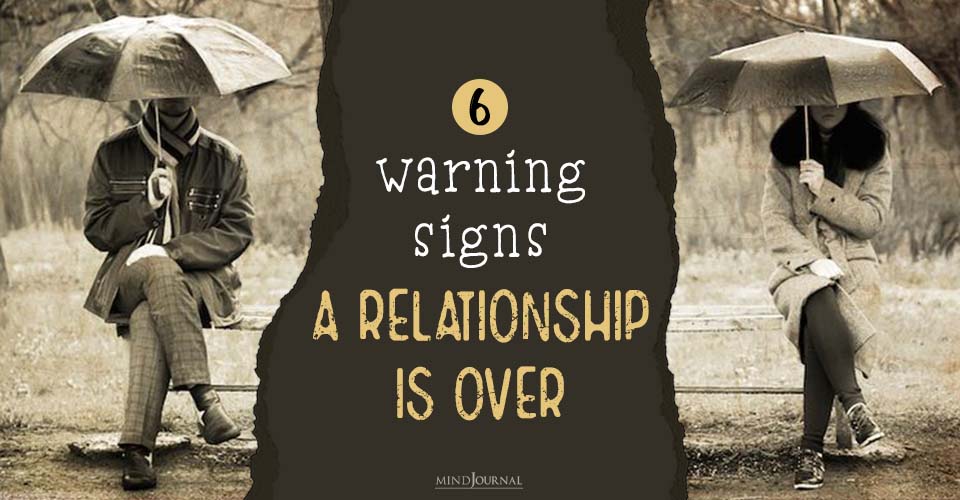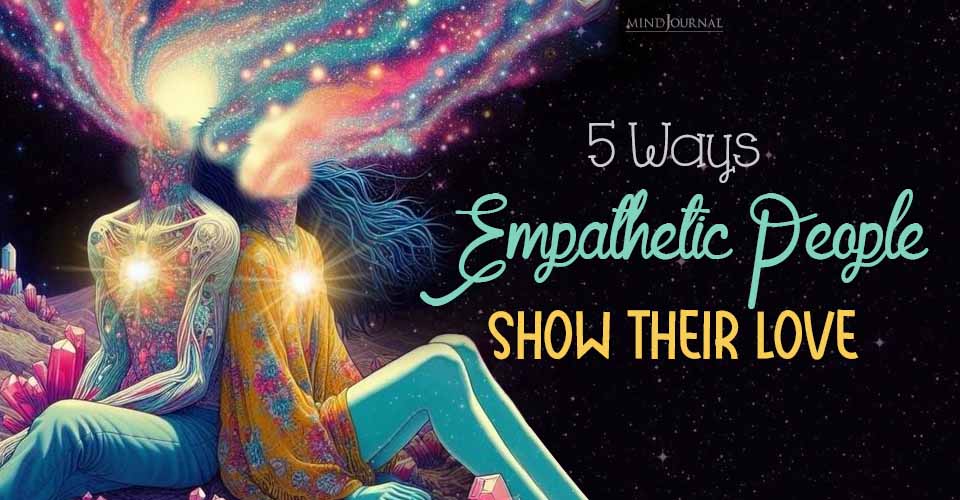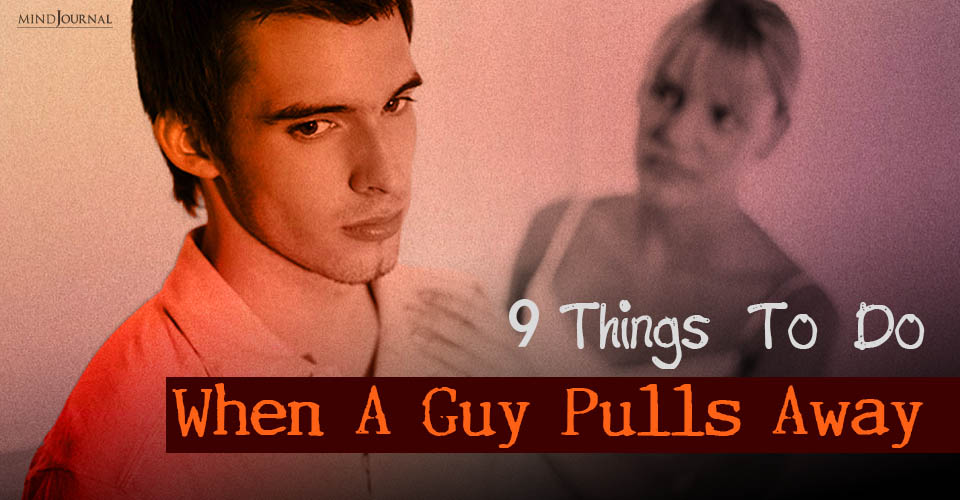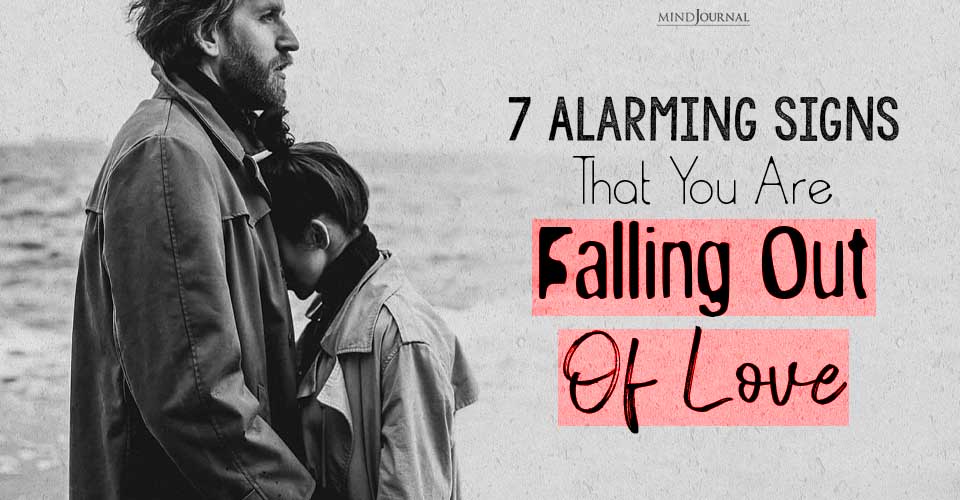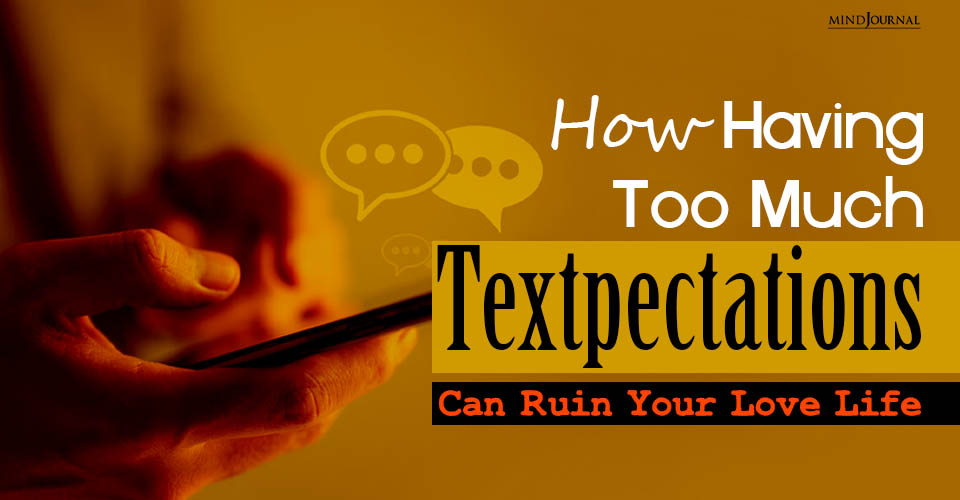What makes you happy? How to stay healthy and live long? What defines a good life?
Human beings have been struggling to answer these questions for millennia.
Robert Waldinger, a psychiatrist, professor at Harvard Medical School, and the director of the Harvard Study of Adult Development decided to find that one thing that makes a good life, helps us become happier and healthier.
Robert Waldinger conducted one of the longest studies ever to find what makes a good life
The researcher found that people had different views about being healthy and happy. In a survey asking millennials about “what makes you happy” or things that can make them better in the future, most people answered – money, fame or being rich.
We’re told to be the best in everything, work hard, be successful, earn more, win the rat race. It is in the very mind of most people worldwide that these are things that ultimately make our life happy and fulfilling.
Related article – 12 Things That Are Making You Unhappy In Life
But, is it true? Do people with such lofty goals end up being happy?
What choices do people make and how they work towards our greater good is unclear!
To figure this out one needs a picture of the entire lives of humans!
Thus, Mr. Waldinger decided to watch humans as they go through life right from the time that they were.
Harvard Study of Adult Development is one of the world’s longest studies of adult life that tracked the personal and professional lives, physical and emotional health, victories and failures in marriage and careers of the participants for over 80 years.
Guess what?
The results are surprising for the entire world.
Besides results, it’s jaw-dropping to know that this study is running for 80 years without fail. Fortunately, the research staff was very cooperative and the participants too did not resist sharing personal information years after years.
But, before discussing the results let’s see –
How did the researcher find what makes you happy?
This one-of-a-kind study was started in 1938 during the great depression. The scientists divided the participants into two groups. There were –
- 268 male graduates from Harvard’s classes in one group (the Glueck study) and
- 456 poor people (from poor and disadvantaged background) in Boston in the other group (the Grant Study)
There are no female participants in the study because Harvard College was only for males then.
Entered into the study as teenagers, boys from the first group graduated during the second world war and most of them chose to serve in the war.
From the second group –
- Few adults became factory workers,
- Some lawyers and other doctors,
- Some addicted to alcoholism,
- Few developed schizophrenia,
- Some were highly successful;
- One turned to be President John F. Kennedy
- Another Ben Bradlee, the longtime Washington Post editor; and
- Some were hitting the rock bottom of life.
Over the years the study expanded very well.
By 2015, it included 1 300 children of the original participants. Some of them are in the 50s and 60s. While only 19 participants from the original study are alive and in the mid-90s.
How did the researcher track the lives of these participants?
To get a clear picture of the participants’ development and lives, the research team personally met them every two years. And asked them to solve a set of questions about their lives. Also, collected their blood samples, brain scans, and other medical records.
The research team spent time with the participant’s family members to know their deepest concerns. In this process videotaped the communication with children and wives. As well as encouraged some women to join the study.
Currently, the research involves wives and children of the original men. Waldinger hopes to expand this second-generation study to third and fourth generations. So rare and long, this kind of study may never be replicated.
In 80 years of time, the study generated bulk data and a big lesson for humans!
So, what ultimately makes you happy and healthy?
“The surprising finding is that our relationships and how happy we are in our relationships has a powerful influence on our health,” said Robert Waldinger
“Taking care of your body is important, but tending to your relationships is a form of self-care too. That, I think, is the revelation,” he added
“Good relationships keep us happier and healthier”, Said Waldinger
Related article – 5 Reasons Why Letting Go Of A Past Love Will Make You Truly Happy
Waldinger said in TED Talk released in 2015 that Good relationships keep us happier and healthier. This video turned out to be viral and is one of the most viewed TED Talks. Watch out here
Robert Waldinger shares important life lessons from his study along with wise ways to build a happy and fulfilling life.
Lesson 1: Social connections are ‘really good’ for us
According to Waldinger, people who are well-connected to family members, friends, neighbors, and community are physically and mentally happy.
“they’re physically healthier and they live longer than people who are less well connected,” he said
Related article – 14 Handy Social Skills That’ll Make You More Likable Instantly
As per his study results, people who are lonely and socially isolated are less happy and start to experience poor health in midlife. He argues that loneliness kills because, in an unhappy state, your brain functioning decreases faster. Thus, lonely people have shorter lives than those who are not lonely.
This aligns with a recent message shared by Dr. Vivek Murthy, (former Surgeon General of the United States). He wrote in an article on Harvard Business Review –
“Loneliness and weak social connections are associated with a reduction in lifespan similar to that caused by smoking 15 cigarettes a day”.
Are you an introvert? Here’re 6 Tips To Becoming More Social As An Introvert
Lesson 2: Quality of our close relationships matters not quantity
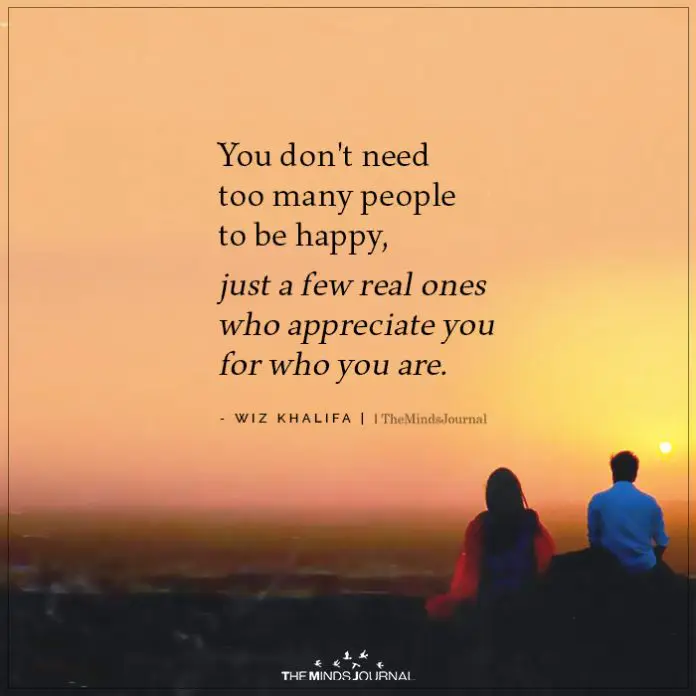
It doesn’t matter how many friends you have. Having a large group of buddies or too many relationships does not guarantee happiness.
It’s about how healthy and strong is your relationship with your closed ones. This is the second lesson from the longest study on happiness and a good life.
Waldinger explained that if you are willing to commit to and maintain a healthy relationship with a person, you are sure to reap benefits. Toxic relationships and conflicts are bad for our health.
High-conflict marriages, for example, without much affection, turn out to be very bad for our health, perhaps worse than getting divorced,” he added.
One of his study participants, who is an 80-year-old man, reported that he is happily partnered with his wife. The husband and wife remain happy even when they had poor physical health.
But, whenever people in unhappy relationships suffered emotional pain, their physical pain also doubled.
Healthy, warm and close relationships, have the ability to “buffer us from some of the slings and arrows of getting old,” Waldinger said.
Related article – Why You’re The Real Problem In Your Relationship, Not Your Partner
Lesson 3: Good relationships protect our brains
Do you count on your relationships at times of need? Then you may enjoy longer-lasting ability to remember things.
According to Waldinger, a healthy and positive relationship with closed ones sharpens your memory. On the other hand, people who could not count on their partner experienced poor memory very early.
However, his study results do not confirm that people in good relationships never made a mistake or were easy going all the time.
But,
“As long as they felt that they could really count on the other when the going got tough, those arguments didn’t take a toll on their memories,” Waldinger said.
So, the third lesson is – one must “replace screen time with people time” to become happier.
How can you do that if you have poor relationships with near and dear ones?
This is the question at the heart of many people with unhappy relationships.
To them Waldinger recommended –
“livening up a stale relationship by doing something new together,” such as long walks or date nights, or “reaching out to that family member who you haven’t spoken to in years.”
Related article: How Your Partner Can Control Your Brain, Science Explains
He also said that relationships become messy and complicated. It is not easy to take care of all the family needs all the time.
The effort and hard work that you put into relationships to make them good or healthy may not be glamorous. It’s never-ending drama but the results will always be beautiful and cherishable.
Why Do People Cheat Even In Happy Relationships? Read 4 Myths About Infidelity and Affairs
#1 way to a good life
Relationships, relationships, relationships!
If you aim to be happy, healthy and live long, then make good relationships. Don’t forget to choose quality over quantity when it comes to closed relationships!!!
Why not making good relationships be your new year resolution? Comment and share your thoughts with us.
